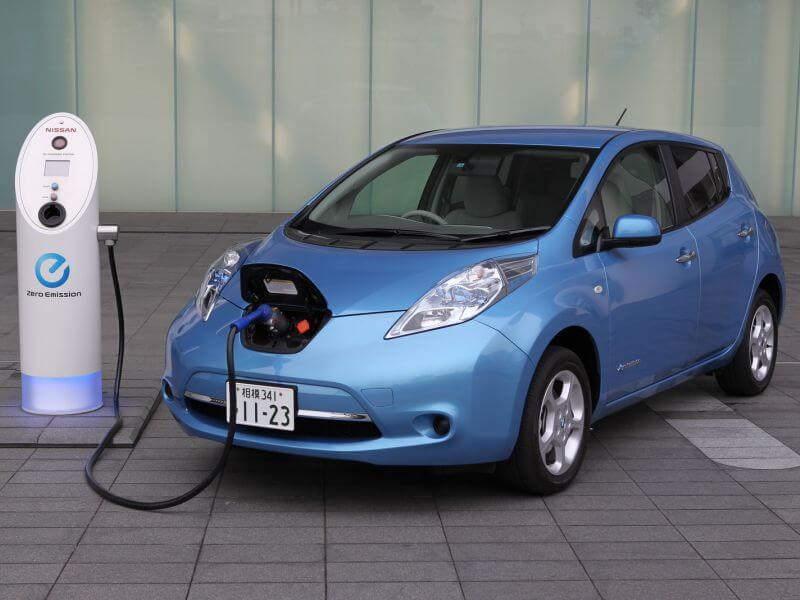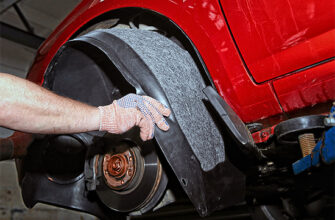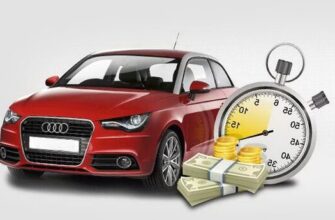Leaf-it is the first electric car company Nissan, which went into mass production – 22 of October 2010. Auto was presented 2 August 2009 of the year. According to the initial plan the production of Nissan EVs must be achieved within a few years 200-300 thousand. pcs. Leaf was originally available only in Japan, in some US states and some countries in Europe, Today electric can be purchased at us in Ukraine.

How to fully use each charging
There are many ways to increase the driving range after each charge. One is to set a moderate temperature in the passenger compartment, Heating launch of Nissan LEAF until charging. This can be done by setting a timer in the car. During the trip, riding lower, constant speed, increases the range of, as well as driving in Eco mode.
Remember, at each brake motor operates as a generator, transforming power (which otherwise would go to waste) the energy of the vehicle's battery power. This smart LEAF!
ESTIMATE RANGE OF NISSAN LEAF -How far I can GET?
Each charge provides about 199 km * range. New NISSAN LEAF Equipped with innovative solutions that maximize the distance of travel, but it is also influenced by driving style and conditions. What will be your possible mileage on a single charge? Let's check it out!
4 STYLE ride NISSAN LEAF
quiet ride
- SPEED
61Km / h, temperatura20 ° - Heating / air conditioning
off. - YOUR DISTANCE
250KM
RIDE IN A GOOD DAY
- SPEED
38Km / h - TEMPERATURE
22° - Heating / air conditioning
off. - YOUR DISTANCE
230KM
Driving on highway on a hot day
- SPEED
88Km / h - TEMPERATURE
35° - Heating / air conditioning
including. - YOUR DISTANCE
152KM
RIDING IN CITY IN WINTER, Frequent stops, TRAFFIC JAMS
- SPEED
24Km / h - TEMPERATURE
-10° - Heating / air conditioning
including. - YOUR DISTANCE
154KM
note! The range of the vehicle with a new battery and turned off air conditioning in large part will be more. The actual range is dependent on several factors, such as driving style, battery charge, temperature, surface, Battery age, Tire Pressure, Maintenance, weight of cargo, etc.. d. Average fuel consumption in the combined cycle, 0 l / 100km, CO2 emissions: 0 g / km.












